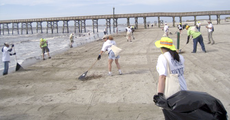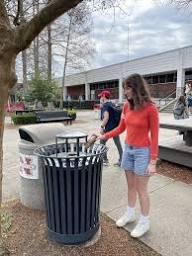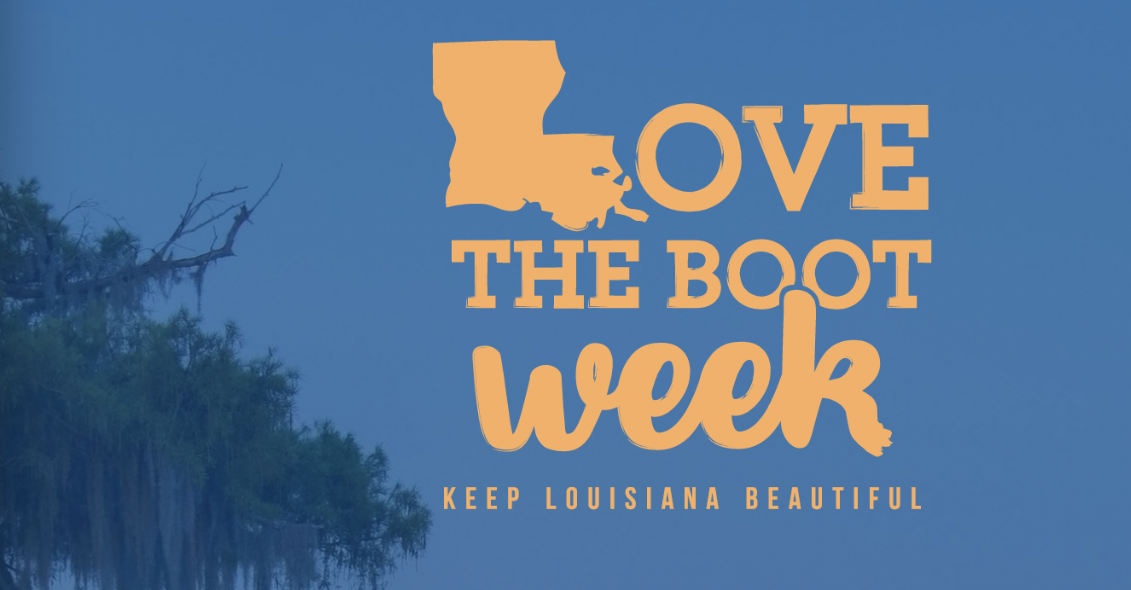After analyzing the first of 12 samples, the biology department has begun to look at the lingering effects that the oil spill will have on Louisiana’s beaches, estuaries and wetlands.The project is a $280,000 one-year research opportunity to evaluate the impact of the Deepwater Horizon oil spill on coastal oysters.
Earl Melancon, professor of biological sciences, said after the first run of samples, the data looks promising. The team analyzed samples from Grand Terre Island, which has documentation of oil, and Bayou Dularge, which does not have documentation of oil. Both sites have comparable burdens of oil in the water, sediment and soil.
“In the first month, we’re finding the oil spill did not have an impact on the oysters,” Melancon said. “They did not contain anything more than basic background concentrations that would probably be found in animal tissue regardless.”
Melancon said there have been reports in the area that some oysters have an oily taste, but as a whole, the industry should survive. Louisiana’s fisheries were largely impacted by the closures, which resulted in economic troubles.
The department will collect samples for 12 months and each group within the department is involved in a different part of the project.
Marilyn Kilgen, district service professor of biological sciences, is the administrator of the research group.
Ramaraj Boopathy, professor of biological sciences, and a group of graduate and undergraduate students are looking at the amount of oil in the tissue of oysters and how quickly bacteria are consuming oil in the soil.
Angela Corbin, instructor of biological sciences, will study the nutrient availability of the microbes in the soil and water to degrade the oil.
“My job is to look at the overall health of the oyster population,” Melancon said.
Melancon said the lingering concern is that there is still an unknown amount of oil in the gulf. This is a concern because it is uncertain whether or not the oil will come into Louisiana’s estuaries if a tropical storm or hurricane hits.
Melancon also said that because the state opened the river diversions, massive volumes of fresh water from the Mississippi River were flushed into the estuaries. This attempt to keep the oil from coming into the estuaries resulted in the death of some wildlife, which created economic hardships for the fishermen.
The oil spill has also affected consumer confidence in Louisiana’s seafood industry. “Seafood that is available on the market for human consumption has been tested thoroughly since the spill,” Melancon said. “There is no indication from our Food and Drug Administration or from state levels that any of the seafood has come back being of concern.”
Melancon said that overall, he feels Louisiana dodged some aspects of the catastrophe. “Mother Nature has a way of repairing herself and the economic disasters will far outpace the environmental,” Melancon said. “We’re going to use this to better understand how the environment works under stress.








